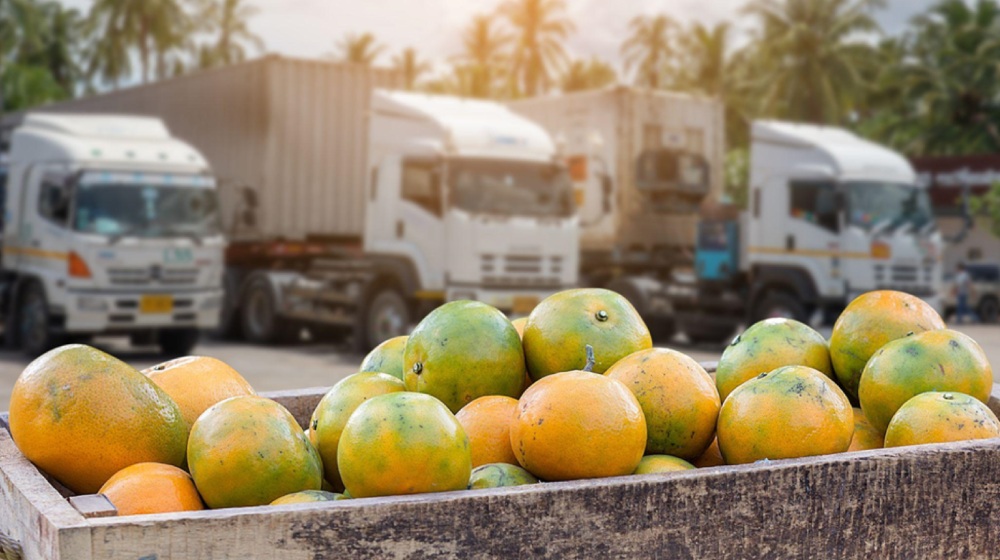The concept of incorporating blockchain into food supply chains has been gaining a lot of traction recently. Blockchain can facilitate accurate food tracing, which offers a multitude of benefits to every link in the food supply chain.
Specifically, blockchain technology can improve food safety, cut back on food waste, and reduce supplier costs. The latter benefit is the focus of this piece. Below, we examine how blockchain saves money through food tracing to suppliers, retailers, farmers, distributors, and even consumers.
The Concept

Blockchain technology can be used to create immutable (unalterable) records of transactions. That is why this technology is so prevalent in the cryptocurrency space. Crypto companies and buyers need a way of tracking ownership of these valuable digital coins.
The ability to create immutable records makes blockchain an appealing solution for businesses in the food supply chain as well. Modern food supply chains represent a complex international ecosystem involving thousands of businesses, suppliers, and farmers.
As a result of its inherent complexity, it is incredibly challenging to trace food from where it was grown to the retailer.
However, blockchain technology makes this farm-to-table level of tracing possible and even easy. More importantly, the trace records are incorruptible, which means that blockchain can simultaneously facilitate better tracking and guard against fraud.
How Can Blockchain Cut Costs?
Now that we have covered the basics of blockchain for food tracing, let’s shift our attention to the cost-saving benefits of using this technology. Blockchain helps reduce costs among food supply chain entities by allowing them to:
Reduce Waste
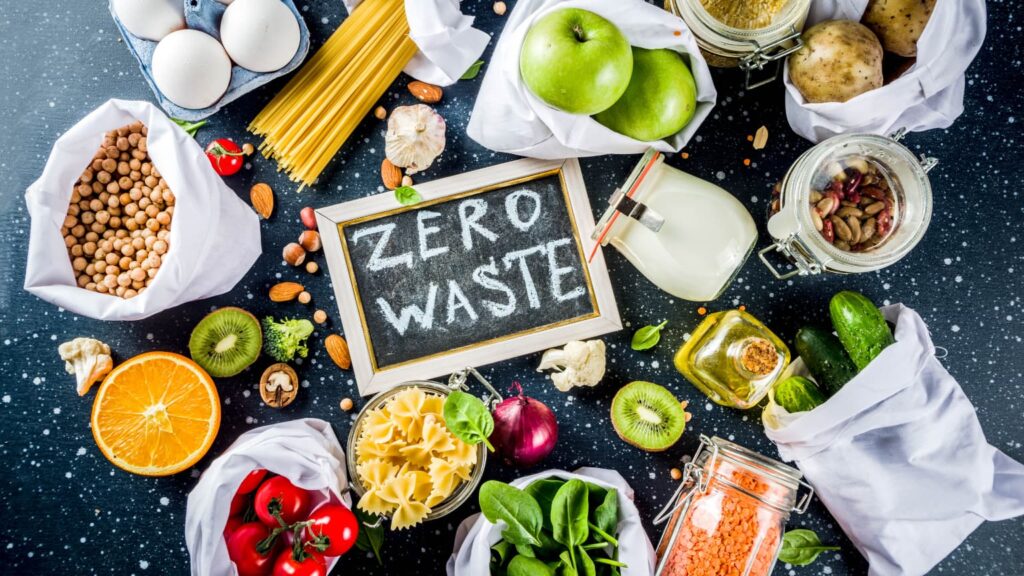
Every time a supplier or retailer has to throw out spoiled food, they are essentially tossing money down the drain, or more accurately, in the trash bin. Food waste is a significant problem both in the United States and abroad. The U.S. alone is responsible for wasting more than $400 billion in food yearly.
Blockchain can help cut down on this waste by improving tracking capabilities. Distributors can precisely monitor each shipment to ensure that it is stored in the appropriate environment and delivered well before the “use by” date.
Blockchain-based tracing can also be used to optimize delivery routes, which will further reduce waste and increase distribution efficiency.
Improve Recall Accuracy
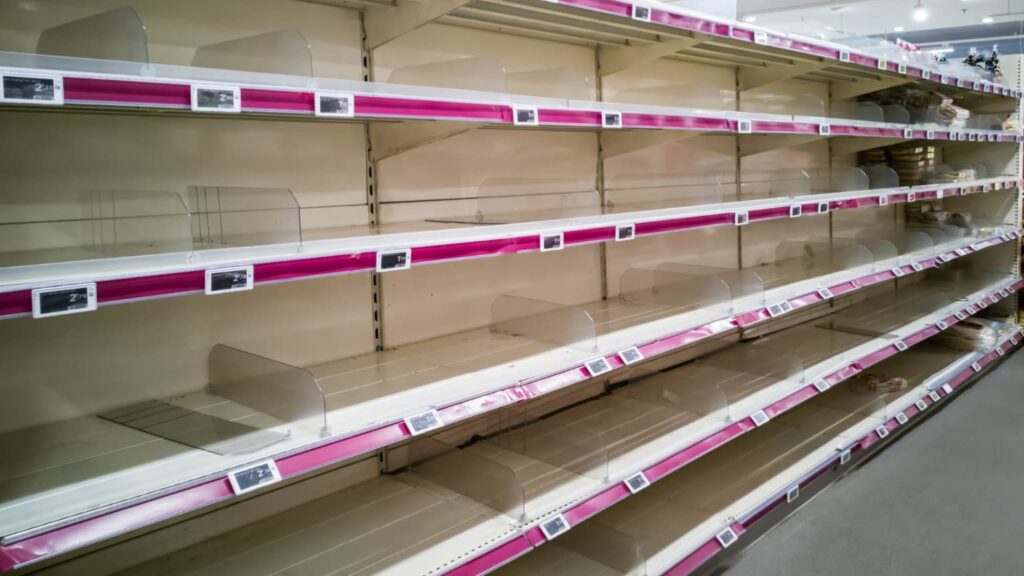
No matter how careful food growers, manufacturers, and distributors are, recalling products will sometimes be necessary to protect consumers.
Unfortunately, current tactics require distributors to recall massive amounts of food to ensure that no contaminated items remain on store shelves. This approach is necessary due to distributors’ limited food tracing capabilities.
Blockchain offers the perfect solution by facilitating pinpoint food tracing. When a food safety concern is discovered, distributors can link that contaminated item straight back to its source.
From there, they can issue recalls for all other related shipments that might have been affected. This approach reduces the amount of food they need to recall and prevents safe products from being tossed out.
Enhance Supplier Transparency

Food retailers and restaurants must have good relationships with suppliers to provide their clients with quality food products.
Blockchain technology helps these customer-facing businesses obtain vital information about their suppliers and where they are sourcing their food from. Restaurants and grocers can use this information to find better prices, form stronger relationships with suppliers, and reduce costs.
Preserve Food Quality and Safety
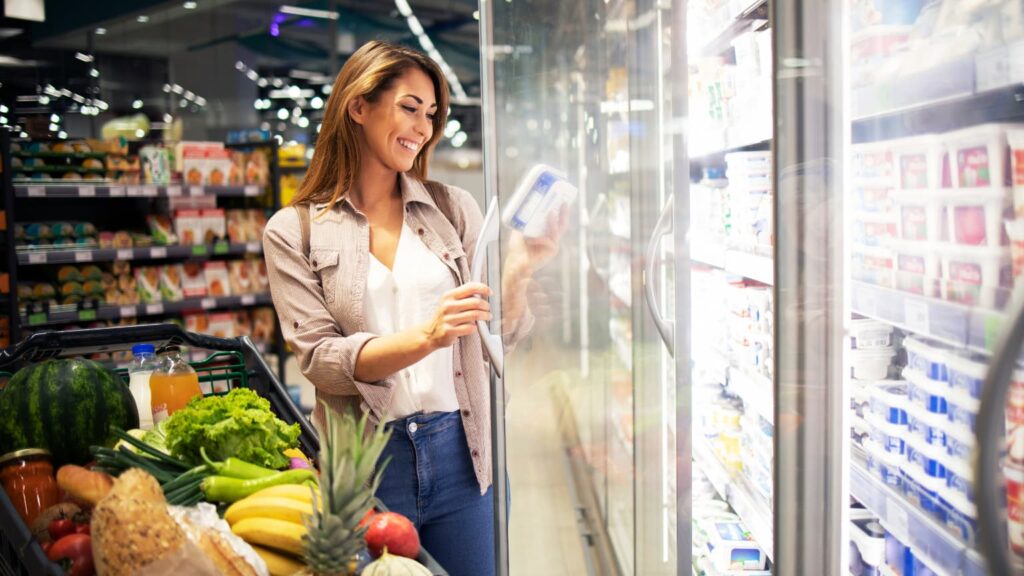
Blockchain food tracing allows members of the supply chain to preserve food quality and safety. While this capability may not seem like it will help reduce costs, it does offer some indirect financial benefits.
If a restaurant, grocery store, distributor, or supplier provides their respective clients with tainted or otherwise unsafe food, their reputation will suffer. This damage to their brand image can cause them to lose customers, thereby reducing profitability.
Repairing this damage may require them to partner with a digital marketing firm and invest in a costly brand-building campaign.
Protect Against Fraud
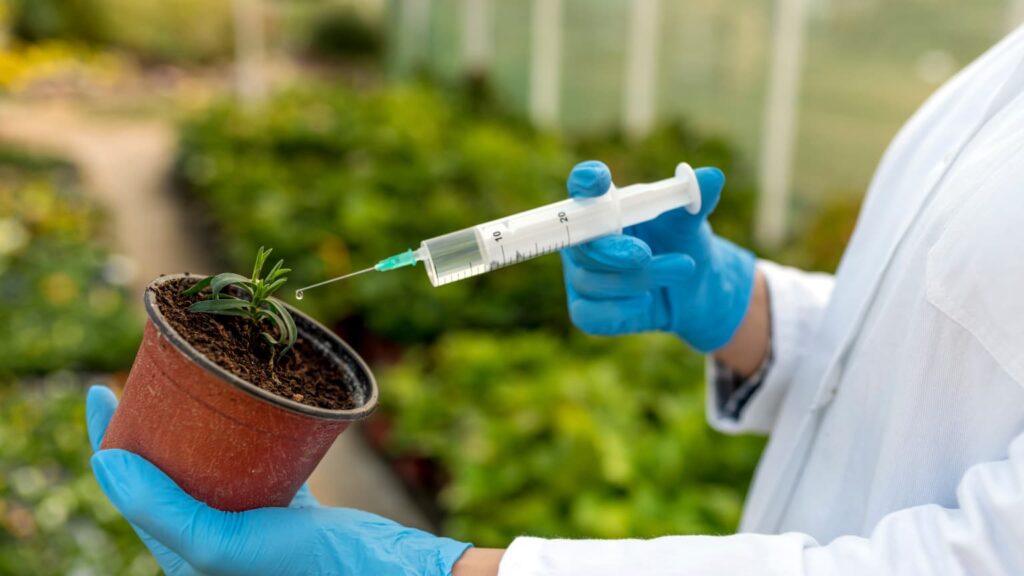
Food fraud has the potential to cut into a supplier’s profit margins. Blockchain drastically reduces the risk of falling victim to food fraud by providing suppliers with immutable transaction records.
Suppliers and other members of the food supply chain can review these records to verify the legitimacy of ingredients or food products. This setup will allow them to guard against food fraud-related profit losses while protecting their customers.
How Farm to Plate Is Reducing Food Supply Chain Costs?
Farm to Plate’s innovative technology can reduce supplier costs by facilitating seamless blockchain-based food tracing. While this technology is particularly beneficial to suppliers, it can help any member of the food supply chain reduce costs, including retailers, farmers, and distributors.
Want to learn more about how Farm to Plate integrates blockchain in food supply chains? Connect with our team to schedule a demo and learn more about our technology.
Pramod Sajja, CEO & President at Paramount Software Solutions (farmtoplate.io).
